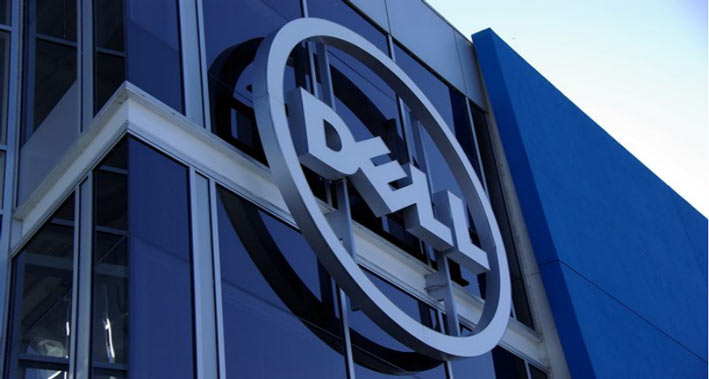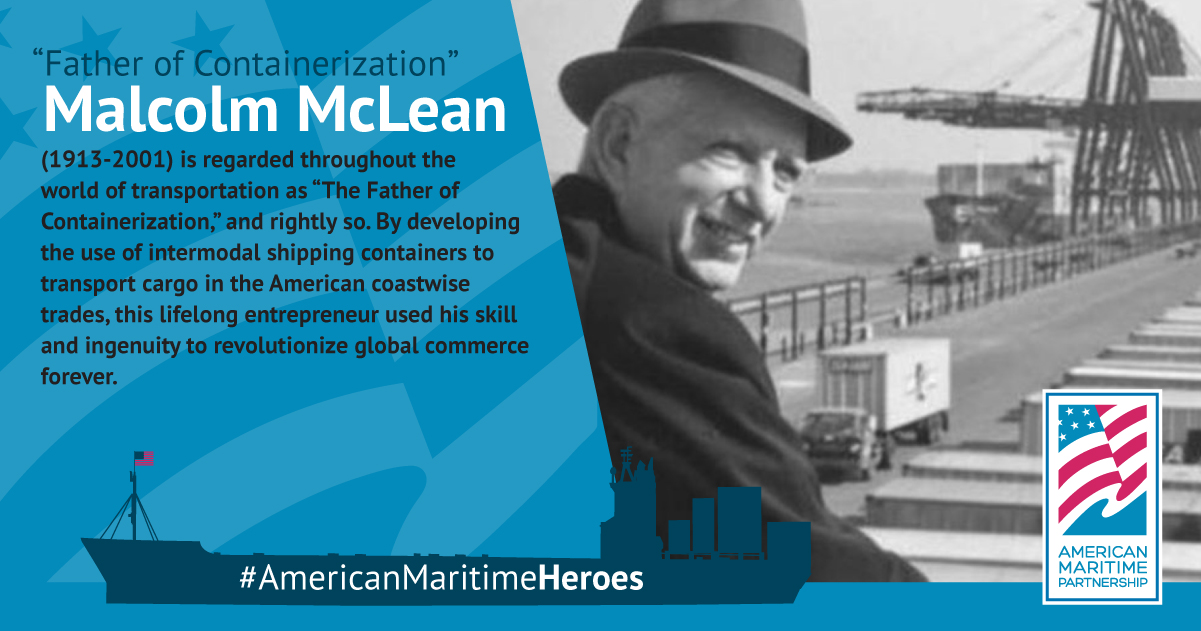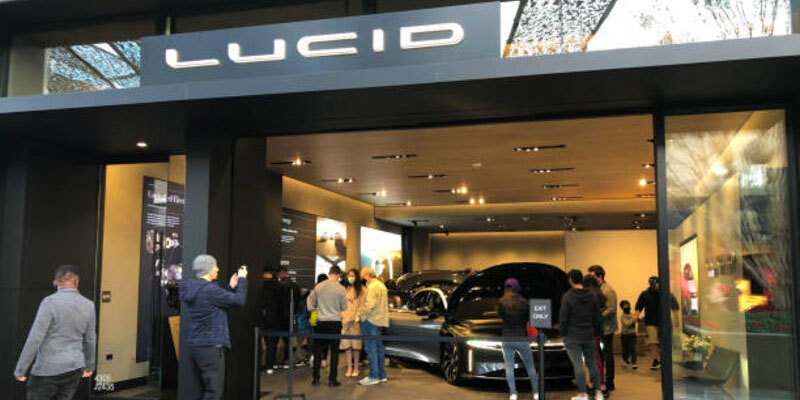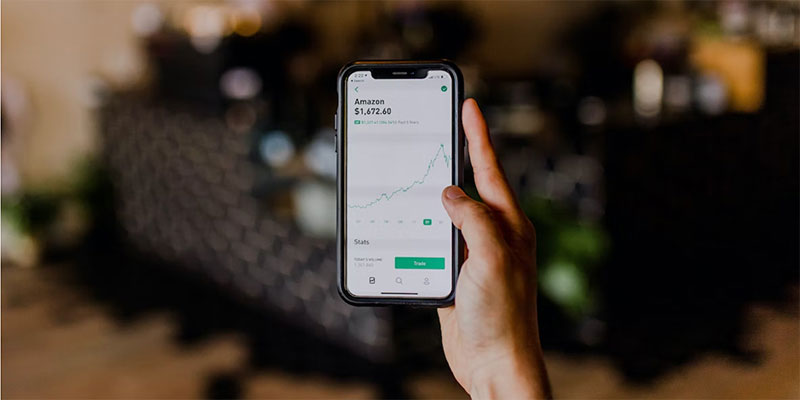Most Famous Leveraged Buyouts
Nov 21, 2024 By Kelly Walker
Are you curious about the most famous leveraged buyouts? Leveraged buyouts (LBOs) have been used by hedge funds and private equity firms to acquire public companies for years. These complex deals involve huge sums of money, but they can give investors tremendous cash if done right. Big LBOs are some of the highest-profile transactions in corporate finance.
This blog post will explore five of the largest and most notable leveraged buyouts in recent memory, examining why they caught widespread attention and their outcomes.
What Is a Leveraged Buyout?
A leveraged buyout (LBO) is a corporate transaction in which an investor uses borrowed funds to acquire a majority stake in the target company. Most often, these deals are carried out by private equity firms, though large hedge funds may also take part. In many cases, the debt used to finance the purchase is secured against the acquired company's assets.
The Most Famous Leveraged Buyouts
Dell (2013)

Dell's 24 billion dollar leveraged buyout was the biggest private equity deal in history when it went through in 2013. It involved an entity controlled by Michael Dell and Silver Lake Partners, acquiring all the outstanding shares of Dell Inc. Dell's board of directors. It approved the deal, giving shareholders a 25% stake in the private company.
The complex transaction saw approximately $15 billion in debt being taken on by Dell and Silver Lake to finance the buyout. The financial muscle behind this LBO came from a consortium of investors, including Microsoft, Blackstone Group, TPG Capital, and KKR.
RJR Nabisco (1989)
RJR Nabisco is one of the most famous LBOs in history. The $25 billion deal, which went through in 1989, was structured by corporate raiders Kohlberg Kravis Roberts & Co. and financed largely through junk bond financing. The company initially resisted takeover attempts but eventually relented and accepted an offer from KKR.
The resulting merger created the largest food and tobacco company in the world at the time. KKR generated a tremendous return on its investment, allowing it to pay off all of its debt within five years, making a profit of $12 billion. This iconic deal popularized LBOs and set the stage for many more high-profile transactions over the following decades.
Energy Future Holdings (2007)
The 2007 leveraged buyout of Energy Future Holdings was one of the largest and most complex deals ever completed in the energy sector. The $45 billion deal was carried out by a consortium of investors led by Kohlberg Kravis Roberts & Co. and TPG Capital. The purchase was financed with a mix of debt, equity, and derivative instruments, making it one of the most ambitious transactions in corporate history.
After the deal, the company changed its name to TXU Energy but eventually filed for bankruptcy protection in 2014 following changes in Texas energy regulations. The saga of Energy Future Holdings serves as a cautionary tale for investors looking to make large bets on complex corporate transactions.
McLean Industries (1955)

The 1955 leveraged buyout of McLean Industries was one of history's earliest and most successful LBOs. The deal saw a group of investors led by brothers Robert and Bill McLean acquire control of their family's shipping empire for $95 million. Most of the purchase price was financed with debt, making it one of the first leveraged buyouts ever completed.
The deal was a huge success, allowing the McLeans to take control of their company without surrendering shares to outside investors. The brothers quickly turned around the company's fortunes, making it one of the most profitable shipping empires in the world by 1975.
Manchester United Football Club (2005)
The 2005 leveraged buyout of Manchester United Football Club was one of history's most expensive sports transactions. The $1.5 billion deal was financed by a consortium of investors led by American businessman Malcolm Glazer, who took control of the English Premier League giant.
Most purchase prices were financed through debt, with the remaining amount paid in equity. The deal was controversial; many fans were angry that the club had been sold to an outsider. Despite this initial opposition, the Glazers have invested heavily in the team and seen Manchester United win three Premier League titles since taking control of the club.
Safeway (1988)
The 1988 leveraged buyout of Safeway was one of the first large-scale transactions in the supermarket industry. The $3.5 billion deal was financed by Kohlberg Kravis Roberts & Co., which allowed the company to repurchase its shares from shareholders, resulting in a dramatically reduced float.
The leveraged buyout was controversial, as many felt that the deal was not in the best interest of Safeway's shareholders. Despite this opposition, the leveraged buyout went through and substantially increased shareholder value over time. The success of the Safeway transaction set an important precedent for future deals in the industry and helped spur an era of consolidation within the grocery industry.
Hilton Hotels (2007)
The 2007 leveraged buyout of Hilton Hotels was one of the largest transactions ever completed in the hotel industry. The $26 billion deal was financed by Blackstone Group and resulted in the company being taken private. Most of the purchase price was financed with debt, making it one of the most expensive leveraged buyouts on record.
After the buyout, Hilton quickly expanded its portfolio of hotels, acquiring several high-profile properties worldwide. The company was eventually taken public in 2013 by Blackstone Group, allowing outside investors to once again share in the success of one of the world's most iconic hotel chains.
PetSmart (2007)
The 2007 leveraged buyout of PetSmart was one of the largest transactions in the pet supply industry. The $8.7 billion deal was financed by a consortium led by BC Partners, resulting in PetSmart being taken private. Most of the purchase price was funded through debt, making it one of the industry's most expensive buyouts ever completed.
The buyout was controversial, as many felt that the deal was not in the best interest of PetSmart's shareholders. Despite this opposition, the leveraged buyout went through and has proven to be a huge success for BC Partners, who have seen their investment return over three times since taking control of the company.
FAQs
What is the purpose of a leveraged buyout?
Leveraged buyouts are typically used to acquire public companies. These transactions can be complex and involve huge sums of money, but if done correctly, they can give investors tremendous returns. LBOs are often used to restructure companies or repurchase their shares to reduce their float.
What are the risks of a leveraged buyout?
The primary risk associated with a leveraged buyout is that the acquired company may need more cash flow to service its debt, resulting in default. Additionally, since most of the purchase price is financed through debt, the investors may only be able to recoup their investment if the deal turns out as expected. Therefore, LBOs should always be carefully evaluated and analyzed before being pursued.
What is a successful leveraged buyout?
A successful leveraged buyout generates returns above the cost of capital employed in the transaction and provides a positive return to the investors. Factors such as the size and complexity of the deal, management experience, industry dynamics, competition, and exit strategies must be thoroughly examined to determine if an LBO will be profitable.
Additionally, investors must conduct due diligence on potential targets before pursuing a leveraged buyout.
Conclusion
Leveraged buyouts can be an effective way to acquire public companies and provide investors with significant returns. However, to ensure a successful transaction, investors should thoroughly research potential targets and carefully consider all the risks involved. By understanding the fundamentals of LBOs and assessing their merits on a case-by-case basis, investors can maximize their chances of success.
The 2007 leveraged buyout of Pet Smart is just one example of a successful LBO that paid off big for its investors. With the right strategy and careful analysis, leveraged buyouts can be an excellent way to boost investment returns.

How Much Will I Get From Social Security

What Are General Collateral Financing Trades?

What Is a Rebuilt Car Title?

What Is Cost-Volume-Profit (CVP) Analysis?

Deciphering Hedge Funds: Balancing Returns and Fees

Which Industries Have the Highest Inventory Turnover?

Form 1099-DIV, Dividends and Distributions Definition

Most Famous Leveraged Buyouts

Understanding Mutual Funds and IPOs Investments

